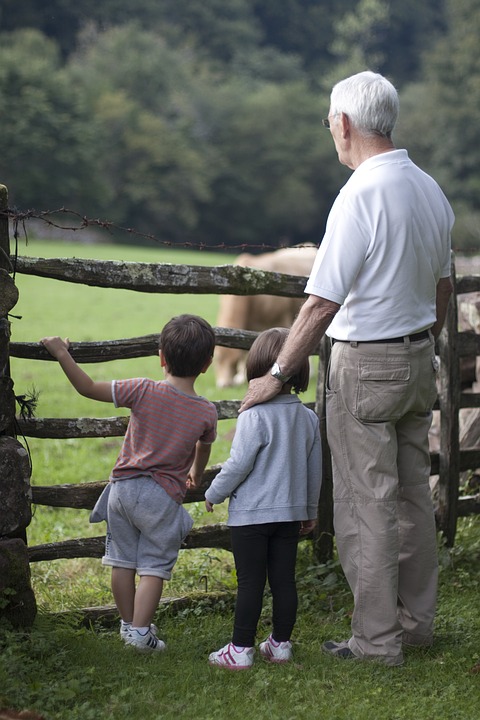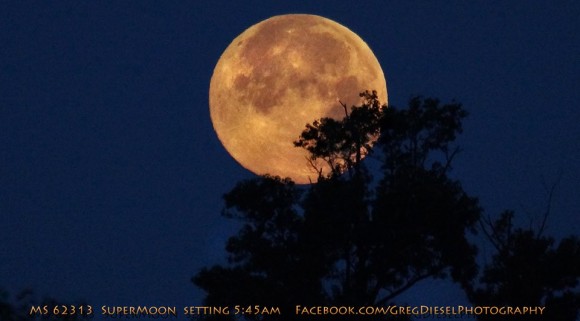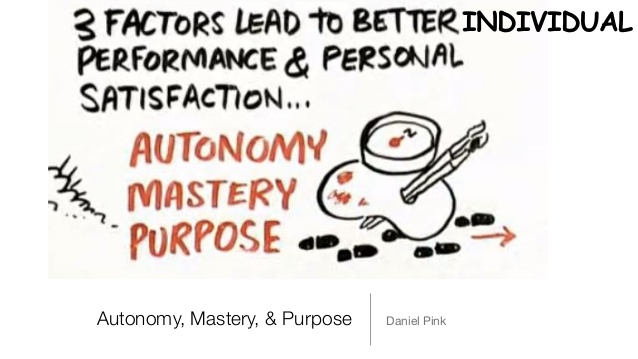
Some books you happen upon by chance. Author and researcher Brené Brown‘s Braving the Wilderness: the Quest for True Belonging and the Courage to Stand Alone was just such a book. I pulled it off a used book shelf at my favorite thrift shop recently and have read it twice over the last couple of weeks. Having heard her speak many years ago, and, since then, quoting her often on this blog, she has been a definite influence in my thinking. Then our culture took us all on a mad roller coaster ride, and her voice became one I stopped attending.
Until this book, published in 2017, and just now read.
Brené Brown has much studied wisdom on who we are in relationship to others. I’d like to share some of my takeaways from this little treasure of a book. [Sidebar: Not in lockstep with all her conclusions, but some are so rich and needful, I want to offer them to those of you who might not read them yourselves.]
1) Belonging is the innate human desire to be part of something larger than us. Brown talks about the crucial work of valuing who you are and what you bring to any community, family, or workplace.
“Even in the context of suffering—poverty, violence, human rights violations—not belonging in our families is still one of the most dangerous hurts. That’s because it has the power to break our heart, our spirit, and our sense of self-worth. It broke all three for me. And when those things break, there are only three outcomes, something I’ve borne witness to in my life and in my work: 1. You live in constant pain and seek relief by numbing it and/or inflicting it on others; 2. You deny your pain, and your denial ensures that you pass it on to those around you and down to your children; or 3. You find the courage to own the pain and develop a level of empathy and compassion for yourself and others that allows you to spot hurt in the world in a unique way. I certainly tried the first two. Only through sheer grace did I make my way to the third.” – Brené Brown, Braving the Wilderness: the Quest for True Belonging and the Courage to Stand Alone, p. 14
2) There are at least four elements of true belonging.
a. People are hard to hate close up. Move in.
b. Speak truth to bullsh*t. Be civil.
c. Hold hands. With strangers.
d. Strong back. Soft front. Wild heart.
These are chapter headings in Brown’s book Braving the Wilderness. Each could stand alone as inspiring to us in embracing how we are meant to live life. To truly belong. In community that is honoring to those around us, ourselves, and our Creator.
In a capsule, each element (or practice) speaks to the choices we make in leaning in to those both like us and not at all like us. In fact, we can see how we are doing in “braving the wilderness” – dealing with the strange and isolating sides of life – as we examine our daily habits. Am I willing to be in proximity with those different from me, those who think, speak, or act in opposition to me? With those who clearly communicate that I don’t belong. We collude with such opinions if we pull ourselves away, believing we don’t belong. We silence ourselves. We don’t show up. [I’m choosing not to hate as a daily practice and not to be counted out. Full stop.]
We can be civil. If we find ourselves in conversations filled with belittling, loathing, sarcasm, one-up-manship, then it is a sign we have bought into someone’s bullsh*t. Maybe even our own unchecked attitudes or opinions. Do we need boundaries sometimes? Sure…but if we can practice civility (even love) toward someone acting in ways that exclude or diminish us, maybe we can find a place of belonging to meet. To live with that person instead of forever without them.
The courage to take hold of strangers’ hands can open a whole new world of belonging and meaning to us. Concerts, sporting events, volunteering to aid people in need. People who link arms over something larger than themselves. Our children need us to belong and bring them along. I’m not sure if it was 9/11 or COVID or what has moved us to gather in small, tight circles. We miss out on a larger life in this way. A life full of purpose.
Brown uses the acronym “braving” in how to maneuver through whatever wilderness we find ourselves. You can see it in the image below.

3) Strong Back. Soft Front. Wild Heart. I want to return to this element.
Brown closed her book “Braving the Wilderness” with challenge and encouragement. We can have strong backs as opposed to rigid backs. A strong back is one that is capable of carrying burdens, ours and others, without becoming rigid with unmet expectations or misunderstanding. We strengthen our backs with showing up and growing capacity for caring. The soft front comes not from looking for the negative of rejection, exclusion, or insecurity. It comes from honoring what we each bring and what we each need. A soft front encourages, empowers, and elevates. We refuse to diminish our own place at the table, nor do we push others away, because they are not like us. Something to think about. And that wild heart Brown talks about? It’s that heart we can have when we don’t believe lies or attitudes that make us feel small or overlooked or outside the circle.
“The mark of a wild heart is living out the paradox of love in our lives. It’s the ability to be tough and tender, excited and scared, brave and afraid—all in the same moment. It’s showing up in our vulnerability and our courage, being both fierce and kind.” – Brené Brown, Braving the Wilderness: the Quest for True Belonging and the Courage to Stand Alone, p. 155
The heart becomes wild, free if you will, because we believe what is truest and most beautiful about ourselves, about others, and especially about God. The world is still a wilderness, but we don’t have to be afraid.
So…those are my takeaways from this special little book, and its author’s wild heart!






















